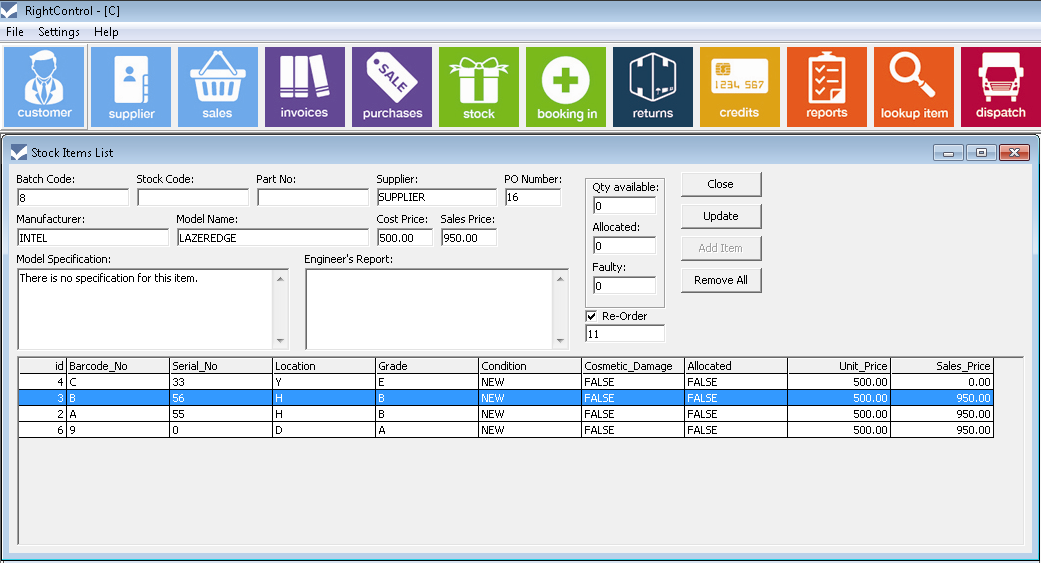Business inventory software is an indispensable tool for businesses of all sizes, offering a comprehensive solution to streamline inventory management processes and enhance operational efficiency. This software provides a centralized platform for tracking stock levels, managing orders, and generating insightful reports, empowering businesses to make informed decisions and optimize their inventory.
From retail and manufacturing to healthcare and distribution, business inventory software has revolutionized the way businesses manage their inventory, resulting in significant cost savings, improved accuracy, and enhanced customer satisfaction.
Emerging Trends in Business Inventory Software

The landscape of business inventory software is undergoing a transformative evolution, driven by the relentless advancement of technology. Emerging trends, such as artificial intelligence (AI), machine learning (ML), and cloud computing, are reshaping the way businesses manage their inventory, propelling them towards unprecedented levels of accuracy, efficiency, and informed decision-making.
Impact of Artificial Intelligence and Machine Learning
AI and ML are revolutionizing inventory management by automating complex tasks, optimizing stock levels, and providing predictive analytics. AI algorithms can analyze vast amounts of data to identify patterns and trends, enabling businesses to anticipate demand fluctuations and adjust their inventory accordingly.
ML algorithms can learn from historical data to make informed decisions about reordering, reducing the risk of stockouts and overstocking.
Cloud Computing and its Benefits
Cloud computing is transforming the way inventory software is delivered and accessed. Cloud-based inventory systems offer several advantages, including scalability, flexibility, and cost-effectiveness. Businesses can access their inventory data from anywhere, anytime, on any device, enabling real-time inventory tracking and management.
Additionally, cloud computing eliminates the need for expensive hardware and IT maintenance, reducing operational costs.
Enhanced Inventory Accuracy and Efficiency, Business inventory software
The integration of AI, ML, and cloud computing in inventory software leads to significant improvements in inventory accuracy and efficiency. Automated processes reduce human error, ensuring that inventory records are always up-to-date. Real-time data visibility enables businesses to make informed decisions about inventory levels, preventing stockouts and minimizing waste.
Furthermore, cloud-based systems facilitate seamless collaboration and data sharing among different departments and locations, enhancing overall inventory management efficiency.
Improved Decision-Making and Forecasting
Emerging trends in inventory software empower businesses with advanced analytics and forecasting capabilities. AI algorithms can analyze historical data and market trends to predict future demand, enabling businesses to make data-driven decisions about inventory levels, production schedules, and supplier relationships.
These insights help businesses optimize their inventory investment, minimize risks, and maximize profitability.
Last Point: Business Inventory Software

In conclusion, business inventory software is an essential investment for businesses seeking to optimize their inventory management practices. By leveraging its advanced features and capabilities, businesses can gain real-time visibility into their inventory levels, automate inventory-related tasks, and make data-driven decisions that drive growth and profitability.
